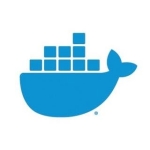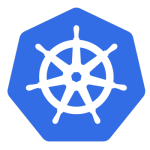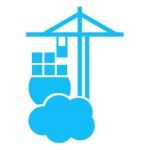What is our primary use case?
We are using it for a payment system.
How has it helped my organization?
We run business-critical applications on OpenShift. It is very good.
Since we had limited time for our project, this solution was very helpful in getting us into production within a short time frame.
What is most valuable?
The management console is easy to use. You can easily install some components with OpenShift Operator.
Red Hat's security throughout the stack and software supply chain is good. It is a lightweight operating system. You don't have to worry about the security patches on the system. You can update the entire environment with security patches, which is a nice feature.
What needs improvement?
It has an option to install OpenShift without connecting it to the Internet. We tried this, but it was very hard. We couldn't manage to use that option. We wanted to use it offline for installations, updates, upgrades, etc., but we didn't find the offline installation and updates easy. This could be better.
For how long have I used the solution?
We have been using it for two months, since December, with an important project.
What do I think about the stability of the solution?
I find the platform stable.
What do I think about the scalability of the solution?
It is scalable. The problem is the license.
It is used not only with our company, but with some banks.
New banks or another organization may come to use the product going forward.
How are customer service and technical support?
We use the technical support, but not much. Some of my friends use it more in-depth. I think it is not so great, but useful. By starting at Level 1 to Level 2 to Level 3, accessing the right person sometimes takes us time.
Which solution did I use previously and why did I switch?
We were previously using a container platform with Onsite, but we were using it for different applications, like servers.
We went with OpenShift because we knew that we already had Linux systems running on Red Hat and were getting support from Red Hat, e.g., we are using the Red Hat Enterprise Linux system.
How was the initial setup?
The initial setup was not complicated. It has many documents. Since we bought in a company, they had some predefined documents, which was helpful for us.
It took two to three weeks to do the initial five online installations, then we installed three different clusters in one week.
We had a step-by-step plan that we followed to implement this solution. We installed the machine, then the images on the machine. We ran them after the cluster was up, then we installed the Operators.
What about the implementation team?
We worked with a local company during installation. Those guys did the installation. They did not have in-depth product knowledge, but they were helpful. I think the company was a partner of Red Hat.
What other advice do I have?
Take some time to understand and learn the product before starting it.
Our Red Hat products integrate well in our company.
My company has a background with Red Hat. The people from our company had established relationships with Red Hat.
I would rate this product as an eight out of 10.
Which deployment model are you using for this solution?
On-premises
Disclosure: My company does not have a business relationship with this vendor other than being a customer.


















